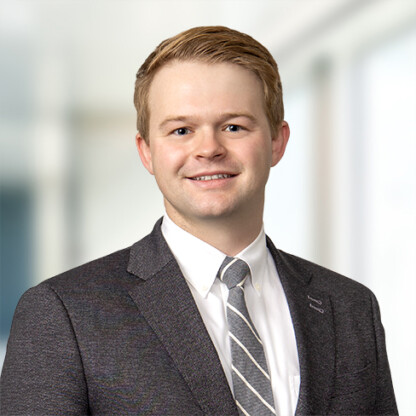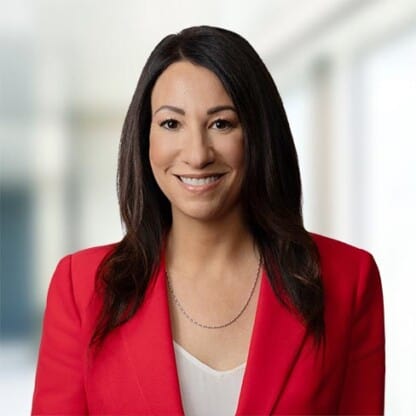Foley Automotive Forum Brings Together Mobility Leaders at Revamped North American International Auto Show

After more than a two-and-a-half-year absence, the North American International Auto Show is racing back to Detroit. As hundreds of business leaders and mobility industry executives made their return to the Motor City, the 2022 Automotive Forum hosted by Foley & Lardner LLP helped kick off the week’s events on September 14th.
The forum highlighted many insights of influential mobility thought leaders, including significant business, regulatory and legal considerations impacting global automotive and mobility businesses.
Foley & Lardner Chairman and CEO Daljit Doogal and Vanessa Miller, Partner and Chair of the firm’s Manufacturing Sector Automotive Team, opened the event with welcome remarks and introduced keynote speaker Hilary Cain. She serves as Vice President of Technology, Innovation & Mobility Policy at the Alliance for Automotive Innovation. Hilary’s keynote delivered an assessment of the regulatory state of play in autonomous vehicle technology, and the need for further Federal regulatory certainty to continue to drive the development of this technology. She also discussed other top policy priorities, including privacy, artificial intelligence, supply chain and, facial recognition. These included the pressing need to overhaul Federal Motor Vehicle Safety Standards (FMVSS) and the FMVSS exemption process for developmental vehicles.
In a fireside chat hosted by CNBC Automotive Reporter Mike Weyland, Hilary also walked attendees through how large-scale autonomous pilot programs could facilitate greater competitiveness for domestic manufacturers. She shared her thoughts on how these programs are critical to staying on the cutting edge of safety and development, how they may be affected by state regulatory considerations, and the direct impacts which suppliers throughout the chain of production may face in the coming years if change does not occur.
The agenda then turned to a review of contracting best practices for electric-vehicle (EV) and autonomous-vehicle (AV) industry participants. This review, led by Foley & Lardner Intellectual Property (IP) partners Scott Anderson and Marcus Sprow, walked attendees through the “Top 10” considerations for negotiating joint-venture (JV) and joint-development (JDA) agreements covering automotive technology. Attendees had an opportunity to hear about key priorities for extracting value and protecting control of IP assets when setting JV and JDA terms, as well as critical contracting pitfalls to avoid when developing IP in collaboration with other organizations. Scott and Marcus also explored related topics including license-grant considerations and ownership of jointly-develop work products after the conclusion of joint development projects.
The day’s events were capped by a panel discussion and audience Q&A on the future of automotive and mobility infrastructure. The panel included Alisyn Malek, who is the Managing Director of Newlab Detroit. Newlab hosts an innovation development studio committed to developing Michigan’s business ecosystem to advance new mobility technologies, product collaborations, and business models. Daniel Kennel, Director of Corporate Strategy for BorgWarner (one of the largest and most successful auto suppliers in the world) discussed BorgWarner’s approach to electrification as a traditional ICE driveline supplier that is making this transition. Jim Saber, President and CEO of NextEnergy (a leading non-profit catalyst and business accelerator for alternative and renewable energy, based in Detroit) also provided insights into the ongoing evolution and challenges relating to energy production and storage. The panel was moderated by Steve Hilfinger, corporate partner at Foley & Lardner in Detroit and a co-chair of the Firm’s Electrified Mobility and Infrastructure practice.
National and global needs for storage and smart-grid infrastructure were a central topic of discussion, and the panelists shared their thoughts on how companies, governments, and individuals can move towards EV infrastructure readiness. Questions on enabling greater accessibility to EVs and working with utilities to expand grid effectiveness were examined, as were recent legislative developments – including the Inflation Reduction Act of 2022, the Bipartisan Infrastructure Law, and the CHIPS Act. These topics became headline news within hours, following President Joe Biden’s same-day visit to the Auto Show. There, the president announced $900 million in grants for electric vehicle chargers across 35 states and spoke to the media about the Federal Government’s plans to spend $135 billion to advance the United States’ EV future.
Foley is continuing to monitor developments in the area of Electrified Mobility and Infrastructure and will keep readers informed about any major developments that come down the line.



